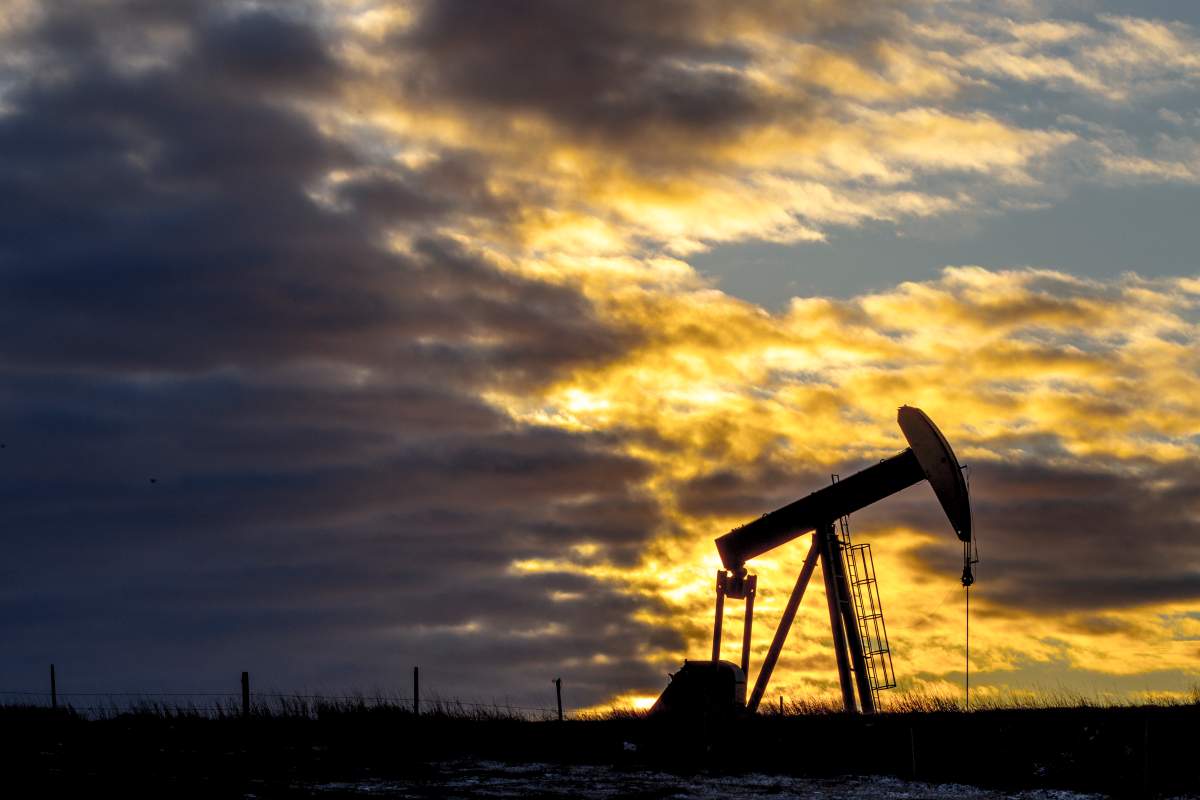A University of Calgary study says there may be a link between the density of certain oil and gas operations and increased health risks for nearby pregnant women and their babies.

“There is very little research about fracking as it relates to the health of pregnant people and children living near these sites,” said Amy Metcalfe, a co-principal investigator and associate professor in obstetrics and gynecology at the university’s Cumming School of Medicine.
“Our study found the rate of spontaneous preterm deliveries — birth before 37 weeks — increased significantly relative to the number of fracturing sites within 10 kilometres of their home.”
Fracking, or hydraulic fracturing, involves directional drilling and injecting large amounts of fluid into wells to extract oil and natural gas.

Over a five-year period, researchers reviewed health data of pregnant women, specifically those living in rural areas whose homes were near fracking sites.
Metcalfe said the women living near between one to 24 well sites had a 7.4 per cent risk of early delivery and the risk increased to 11.4 per cent for those near 100 or more fracking operations. She said premature births present a health risk.

Get weekly health news
“Preterm infants are at higher risk of developing neurodevelopmental difficulties, physical disabilities and behaviour problems, including autism, cerebral palsy and epilepsy,” Metcalfe said.
Results from the report are published in JAMA (Journal of the American Medical Association) Pediatrics.
Metcalfe said they received the grant in 2017 and used health data from 2013 to 2018.

She said despite the data, she can’t definitively say that fracking is causing premature births.
“We can’t say from this work that fracking causes adverse birth effects. We can say they are more likely to occur in proximity to that, but there’s really more research that needs to be done to look at causal mechanisms why this would happen,” she said.
“It would be a weird coincidence if it wasn’t that, but it’s not something we’re able to assess from this particular study.”
The research will continue. Carly McMorris, the other co-principal investigator and associate professor at the university’s Werklund School of Education, is recruiting participants for a study to determine if hydraulic fracturing affects child development.
She said it will assess thinking skills, academic abilities and social-emotional functioning in children in grades one through three living in communities both close to and far from fracking operations.
The communities selected are Grande Prairie, which has the most fracking activity in Alberta, and Lethbridge, which has virtually none. The children will also wear a device that will test air pollution around them for one week.

McMorris said the results from the studies will provide evidence that could help inform decisions and practices related to fracking.
Metcalfe realizes there might be some blowback from the public about the results of the research.
“Fracking is politically controversial, right? There’s groups on both sides that have very strong opinions and, inevitably by doing work in this area, someone’s going to be (ticked) off.”







Comments
Want to discuss? Please read our Commenting Policy first.